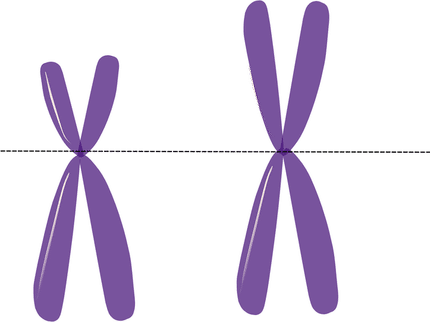BioCurex Announces Positive First Results for Monitoring Cancer Therapy Using its RECAF Blood Test
BioCurex Inc. announced its first set of results supporting the use of the BioCurex RECAF blood test to monitor cancer therapy. The test included samples from 27 human patients with early stages of breast cancer that were tested before and after surgery. As a control, 15 samples from healthy individuals were also tested.
The RECAF blood test detected 26 out of 27 patients as positive for breast cancer (sensitivity = 96%) and 14 out of 15 healthy individuals (93% specificity) were negative at the standard 4,700 RECAF Units cutoff. At a cutoff of 5,500 Units there were no false positives (all healthy individuals were negative thus the specificity of the test was 100%). At this higher cutoff, 24 out of 27 patients with early stages of breast cancer were still positive (sensitivity = 89%). These results are consistent with our previous findings and they indicate that the RECAF test can detect 9 out of 10 women with early stages of breast cancer while being negative in all healthy individuals.
The study also showed a significant drop in circulating RECAF for patients after surgery. The drop was most pronounced in those patients with the highest RECAF values before surgery. Samples taken after longer intervals following surgery exhibited the highest drops.
Dr. Ricardo Moro, BioCurex CEO stated, 'These results clearly indicate that RECAF is increased in patients with early stages of breast cancer, and that RECAF decreases in those same patients after surgery. If the original cancer produced an excess of RECAF, its recurrence would also produce excessive RECAF and therefore be detectable with our RECAF test. Also, if 90% of early stage cancers are detectable, recurrence in those cases should also be detected early with the resulting benefit for the patient. These results are the first step in demonstrating that our blood test for cancer can be used to monitor therapy and follow-up treated patients for early detection of recurrence.'
Other news from the department research and development

Get the life science industry in your inbox
By submitting this form you agree that LUMITOS AG will send you the newsletter(s) selected above by email. Your data will not be passed on to third parties. Your data will be stored and processed in accordance with our data protection regulations. LUMITOS may contact you by email for the purpose of advertising or market and opinion surveys. You can revoke your consent at any time without giving reasons to LUMITOS AG, Ernst-Augustin-Str. 2, 12489 Berlin, Germany or by e-mail at revoke@lumitos.com with effect for the future. In addition, each email contains a link to unsubscribe from the corresponding newsletter.






















































